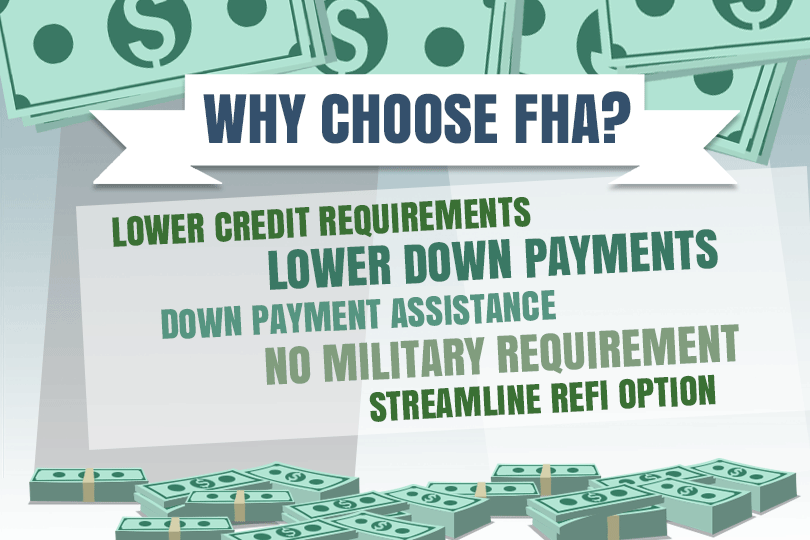What to Know About the FHA Handbook
September 19, 2023
The FHA Handbook outlines the policies and requirements for FHA-insured mortgages, which are popular among first-time homebuyers and borrowers with lower credit scores or smaller down payments. It provides detailed instructions and guidelines on various aspects of the FHA loan program, including eligibility criteria, underwriting standards, property appraisal requirements, and mortgage insurance.
Key components covered in the FHA Handbook include:
Eligibility Requirements
The handbook explains who is eligible for an FHA loan, including minimum credit score requirements, debt-to-income ratios, and down payment guidelines.
Property Standards
It describes the property requirements that must be met for a home to qualify for FHA financing. This includes guidelines for the condition and safety of the property.
Appraisal Guidelines
The FHA Handbook outlines the specific requirements for property appraisals, ensuring that the property's value is accurately determined.
Credit Underwriting
It provides guidance on how lenders should assess the creditworthiness of FHA loan applicants, including requirements for handling credit issues and disputes.
Mortgage Insurance
Details on FHA mortgage insurance premiums, including both upfront and annual premiums, are included.
Closing and Settlement Costs
Information on allowable and non-allowable fees and costs for the borrower, as well as the seller's contributions.
Loan Origination and Processing
Guidelines for the processing of FHA loan applications, including required documentation and borrower verification.
Servicing and Loss Mitigation
Information on loan servicing requirements and how to handle delinquencies and foreclosures.
The FHA Handbook is periodically updated to reflect changes in FHA policies and industry best practices. Lenders and other professionals involved in FHA lending are required to adhere to the guidelines outlined in the handbook to ensure that loans meet FHA standards and qualify for FHA insurance.
------------------------------
RELATED VIDEOS:
There's a Difference Between APR and Interest Rates
Choose Your Mortgage Lender Carefully
Getting Started With Your FHA Loan Application

FHA Loan Articles
December 10, 2024The FHA announced increased loan limits for 2025, providing those seeking FHA-insured mortgages after January 1st with increased purchasing power. In this article, we explore the key aspects of these limits and their implications for your homeownership goals.
When you are approved for an FHA-insured loan, the FHA guarantees a portion of the loan to the lender, lowering lender risk...
December 9, 2024The Federal Housing Administration (FHA) helps people buy homes, especially those buying for the first time or who might not have perfect credit. In 2025, there is good news for FHA borrowers. FHA home loan limits are going up.
In most places, the FHA loan limit for a single-family home in 2025 is $524,225. This is more than it was in 2024. However, in expensive areas, where houses cost more, the limit can be as high as $1,209,750.
December 5, 2024The Federal Housing Administration (FHA) has some ground rules regarding cash-out refinances. These rules are designed to protect both you and the lender, ensuring you have enough ownership of your home and reducing the risk of foreclosure. How long must you own your home before you can apply for FHA cash-out refinancing?
December 4, 2024When you think about owning a farm, do you dream of vast landscapes and thriving agricultural enterprises? Or are you looking for a quaint farm-style house to live in but not necessarily to start a new farming career?
Borrowers who want to buy a farm residence are in luck with the FHA loan program, which includes options to purchase farm residences.
November 27, 2024If you are new to the home loan process, you may wonder how your loan officer will interpret your application data. How lenient is the lender with issues related to debt, credit utilization, and related factors? We examine some key points, but remember that what follows is not financial advice. Always consult a finance or tax professional for the most current information.







